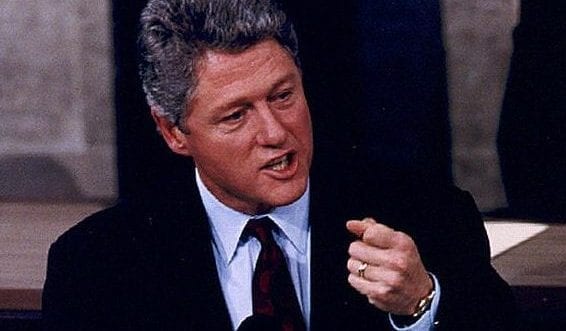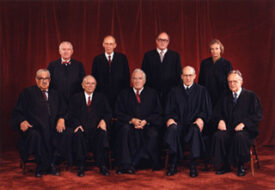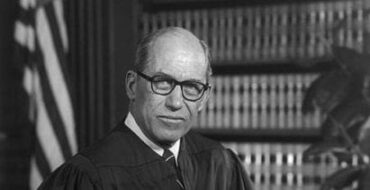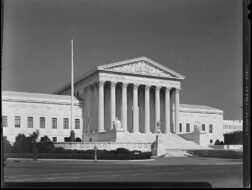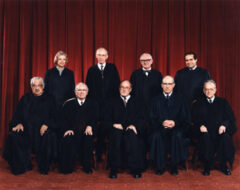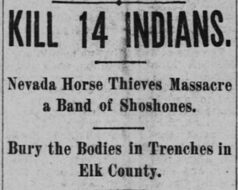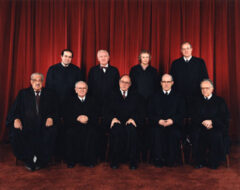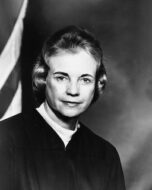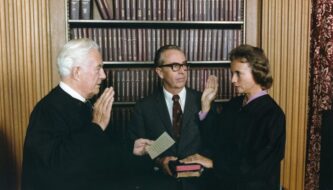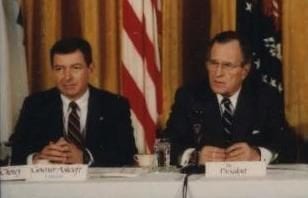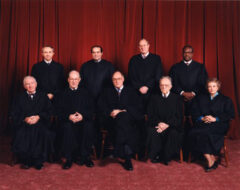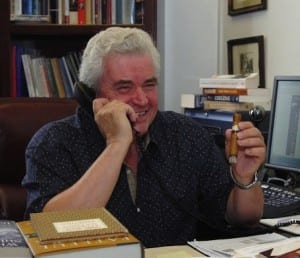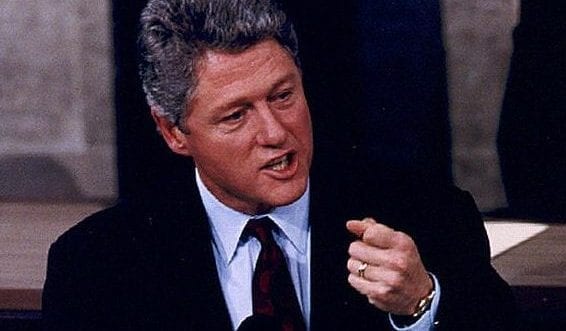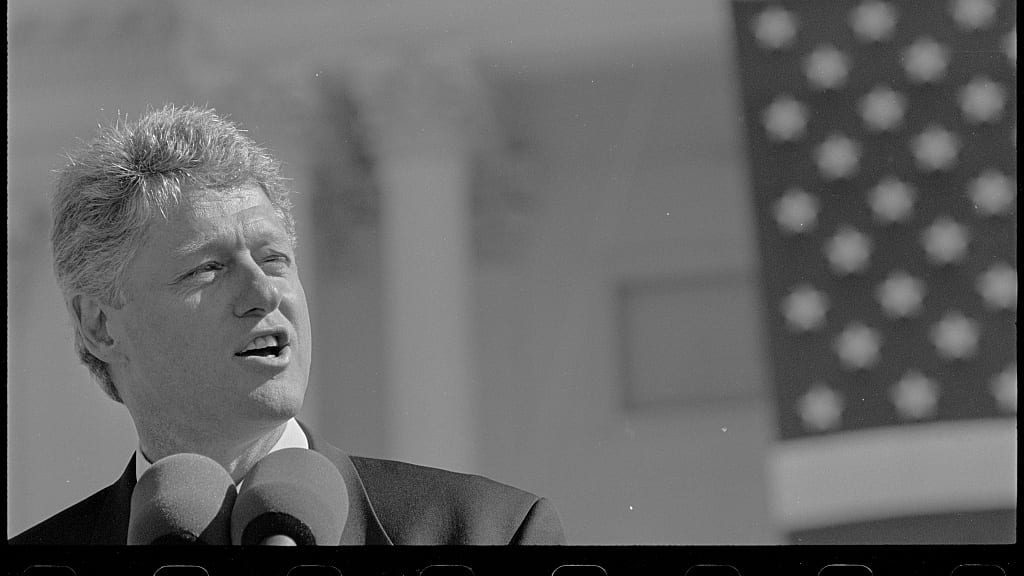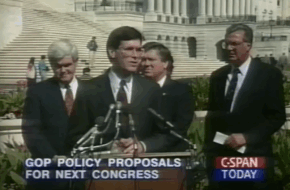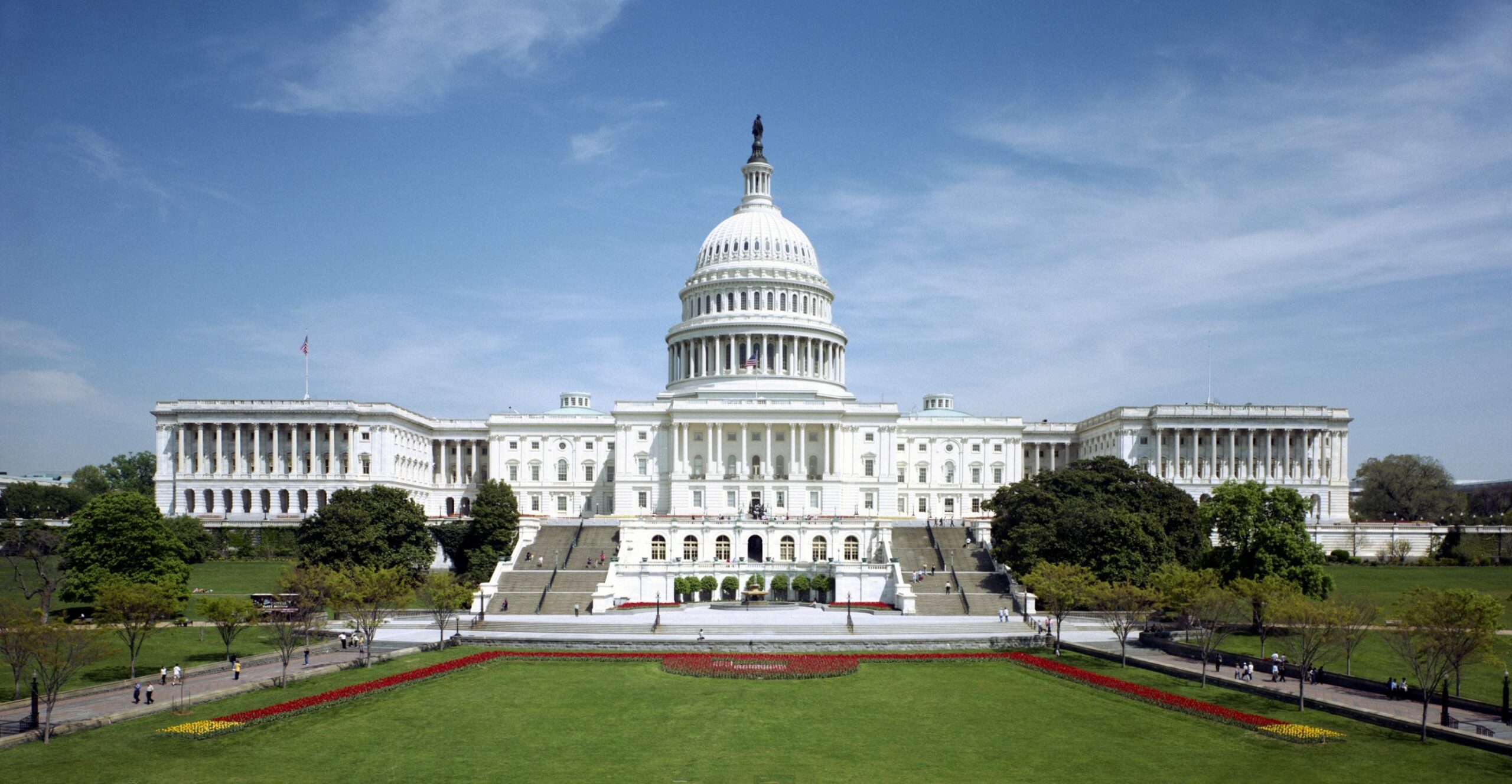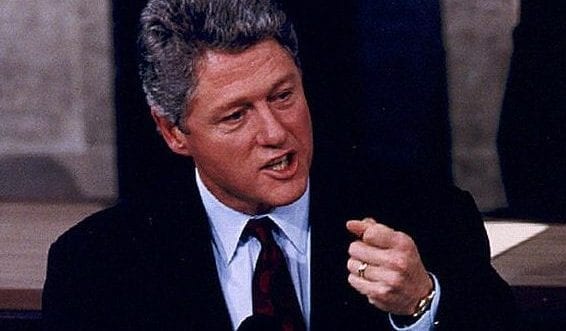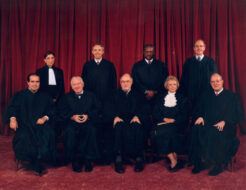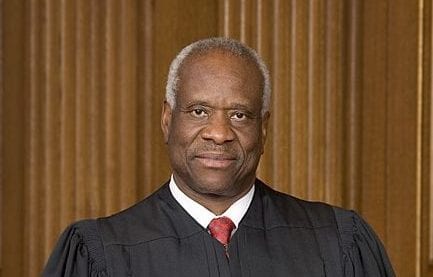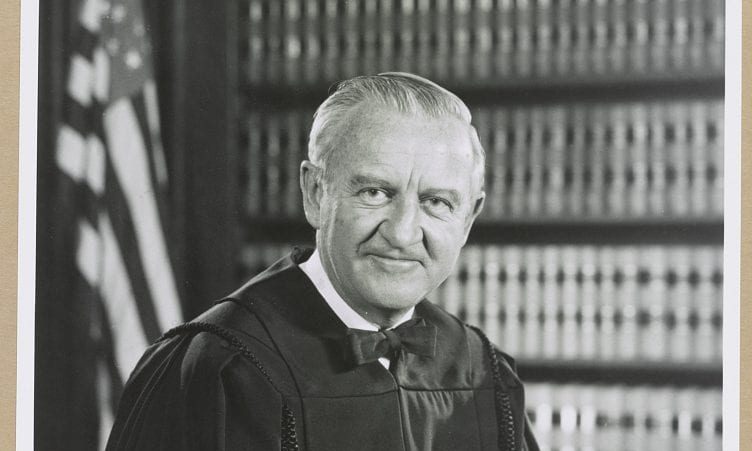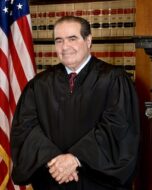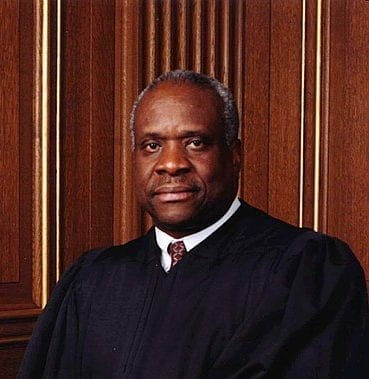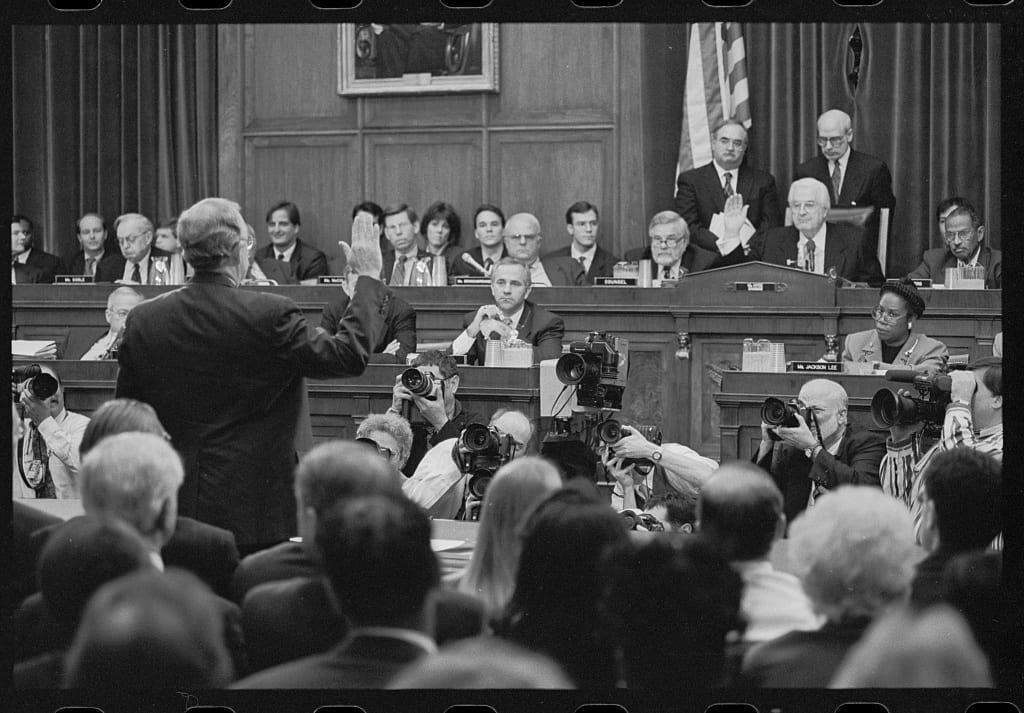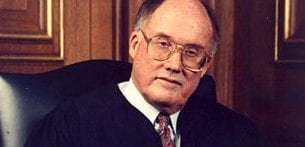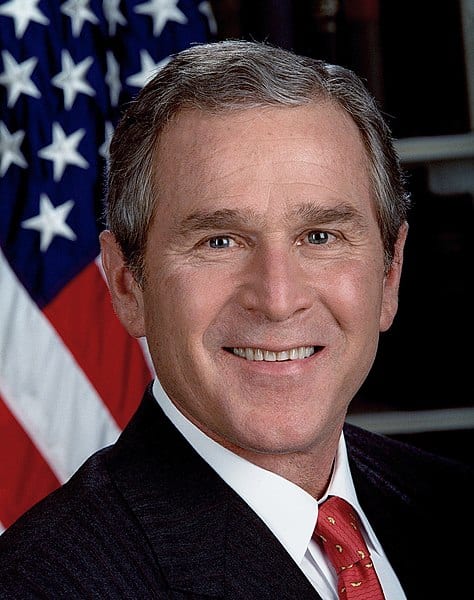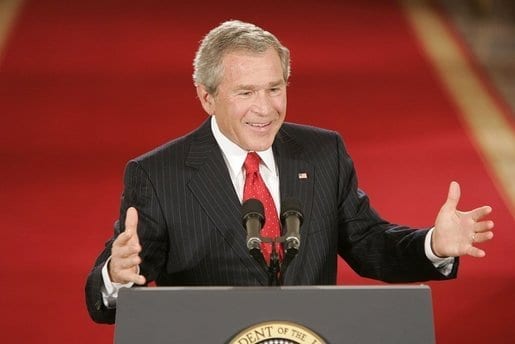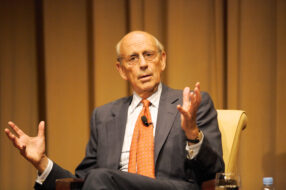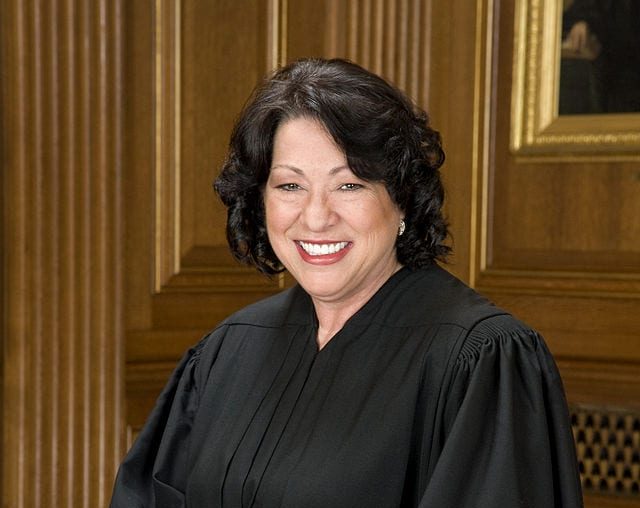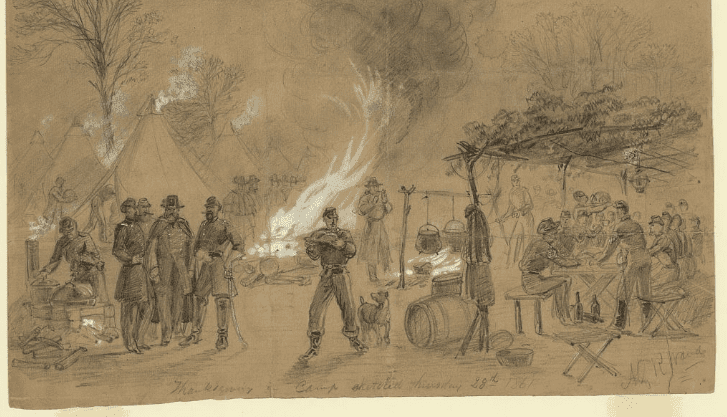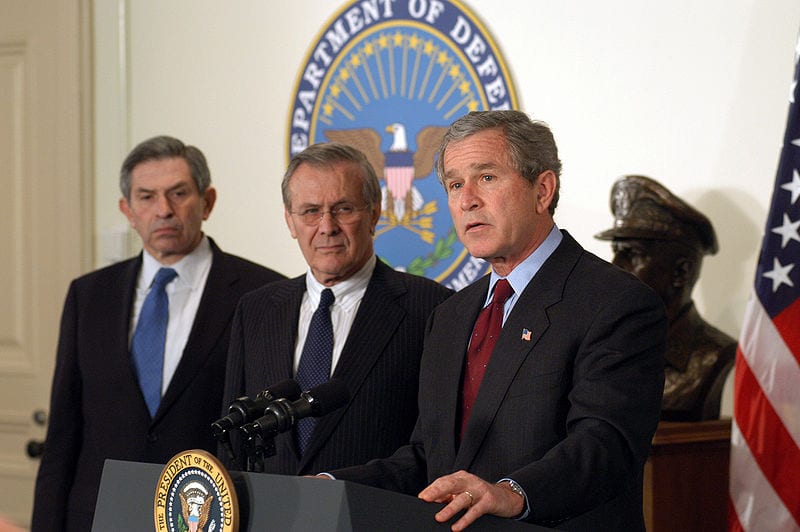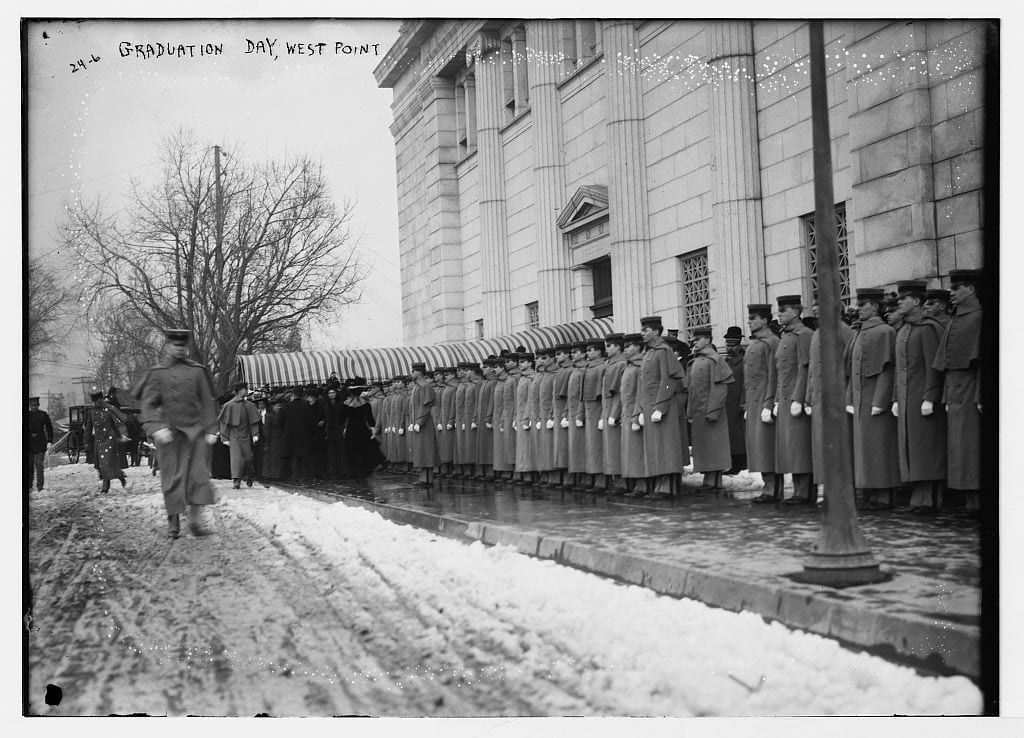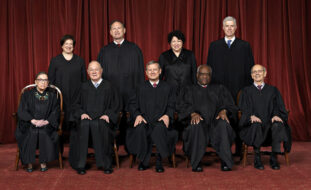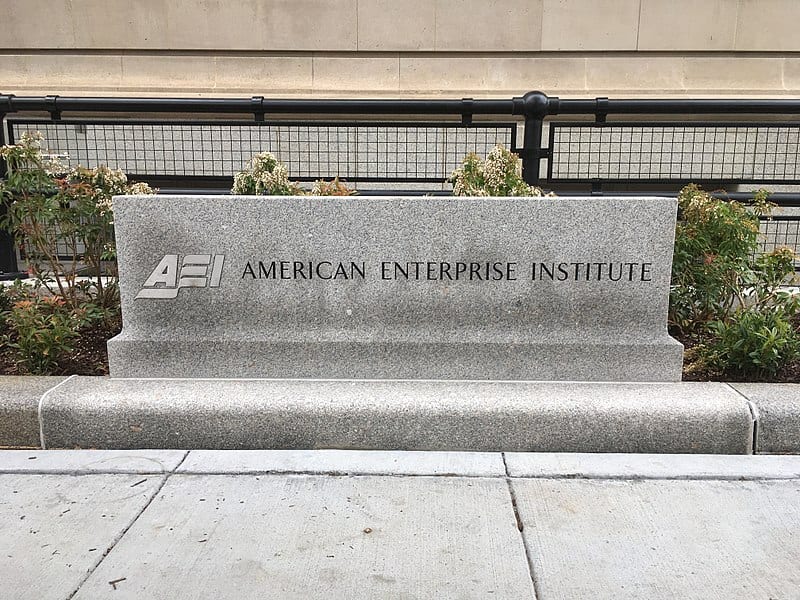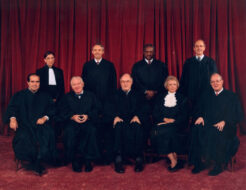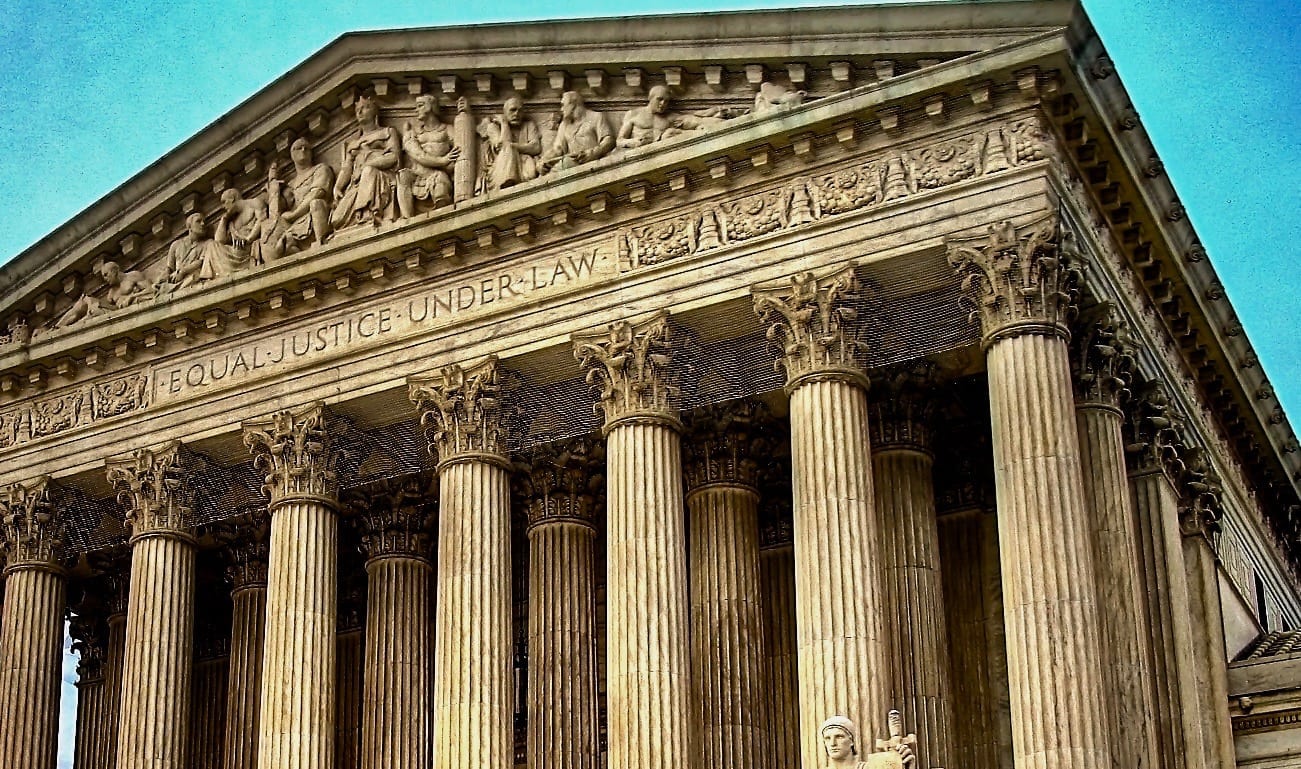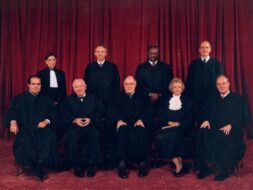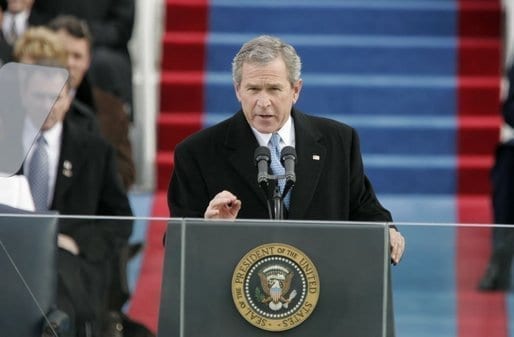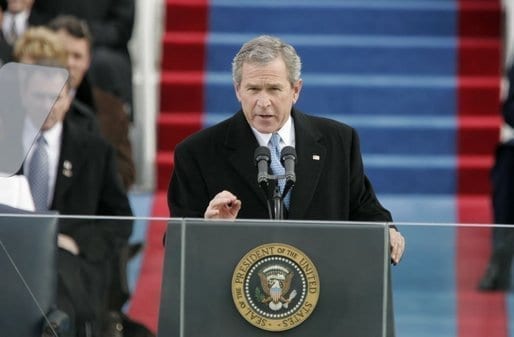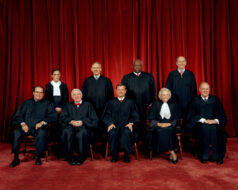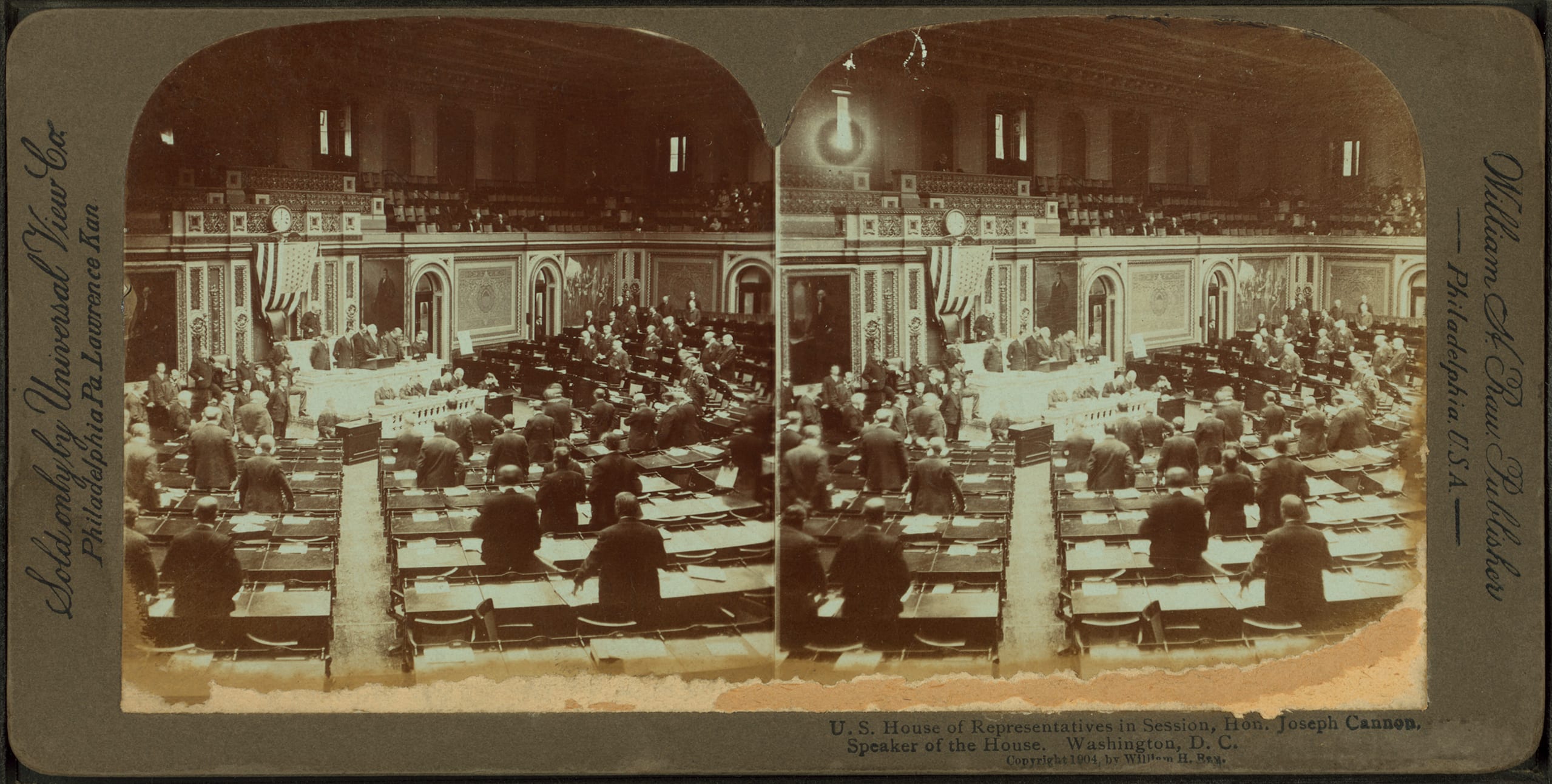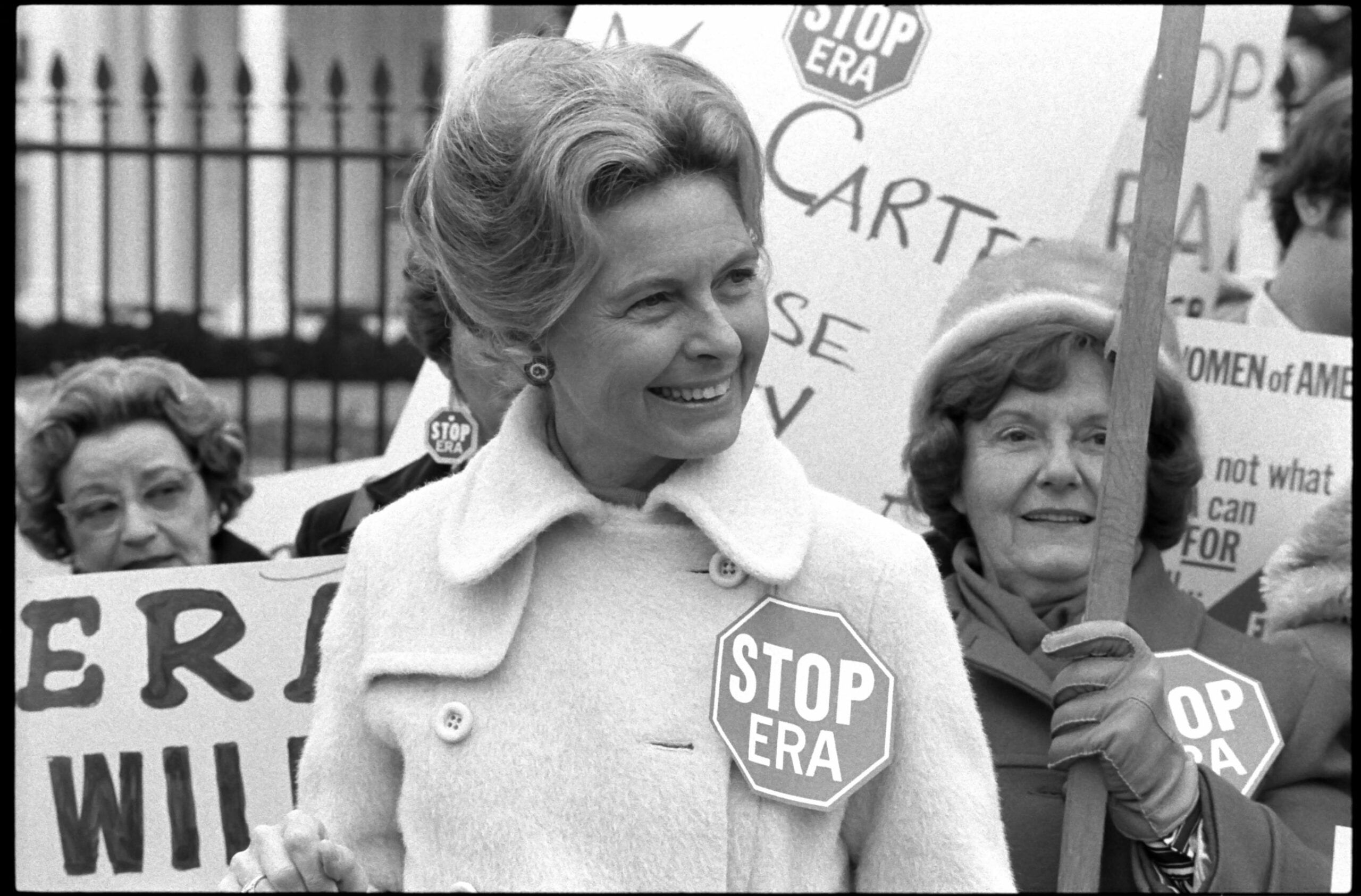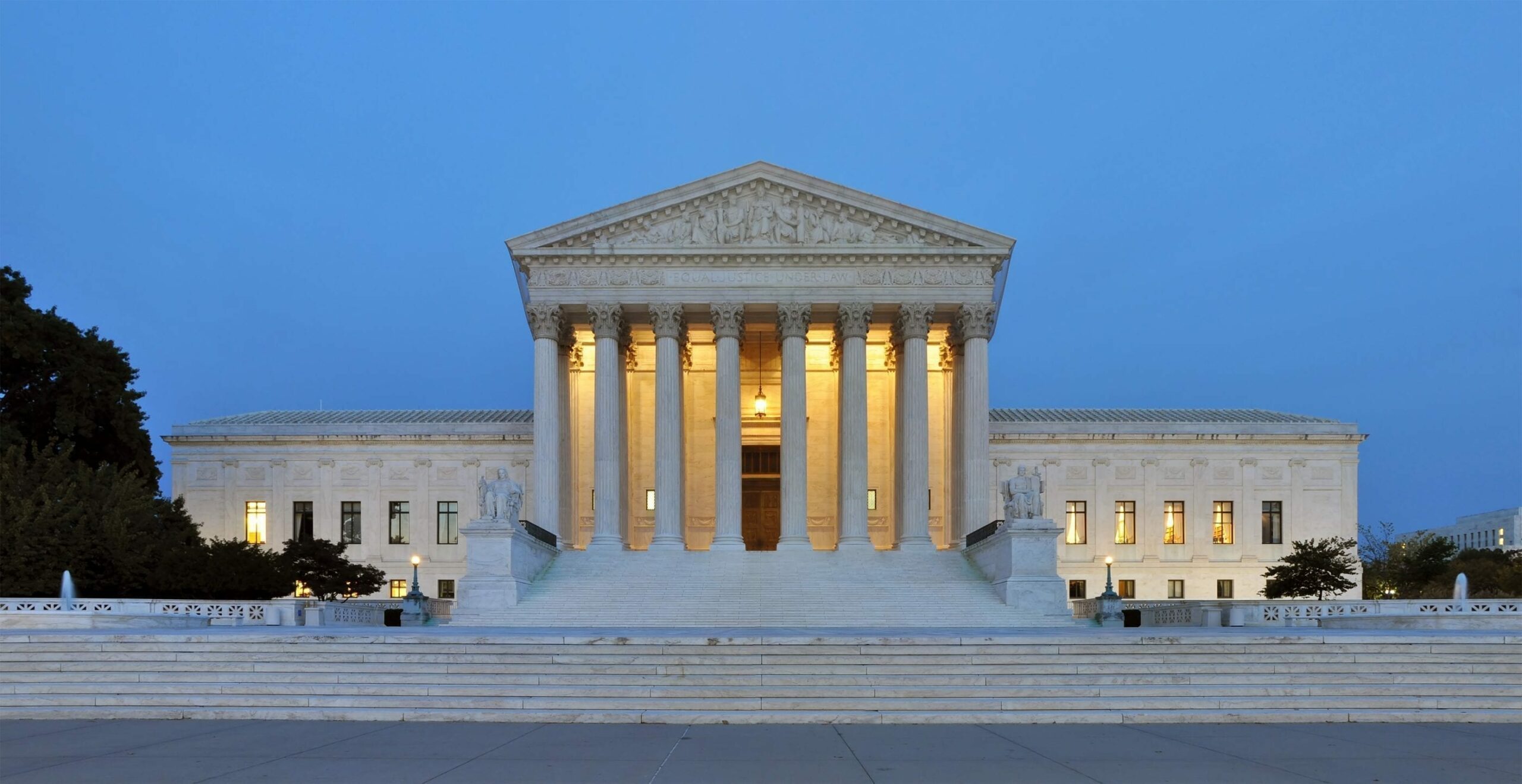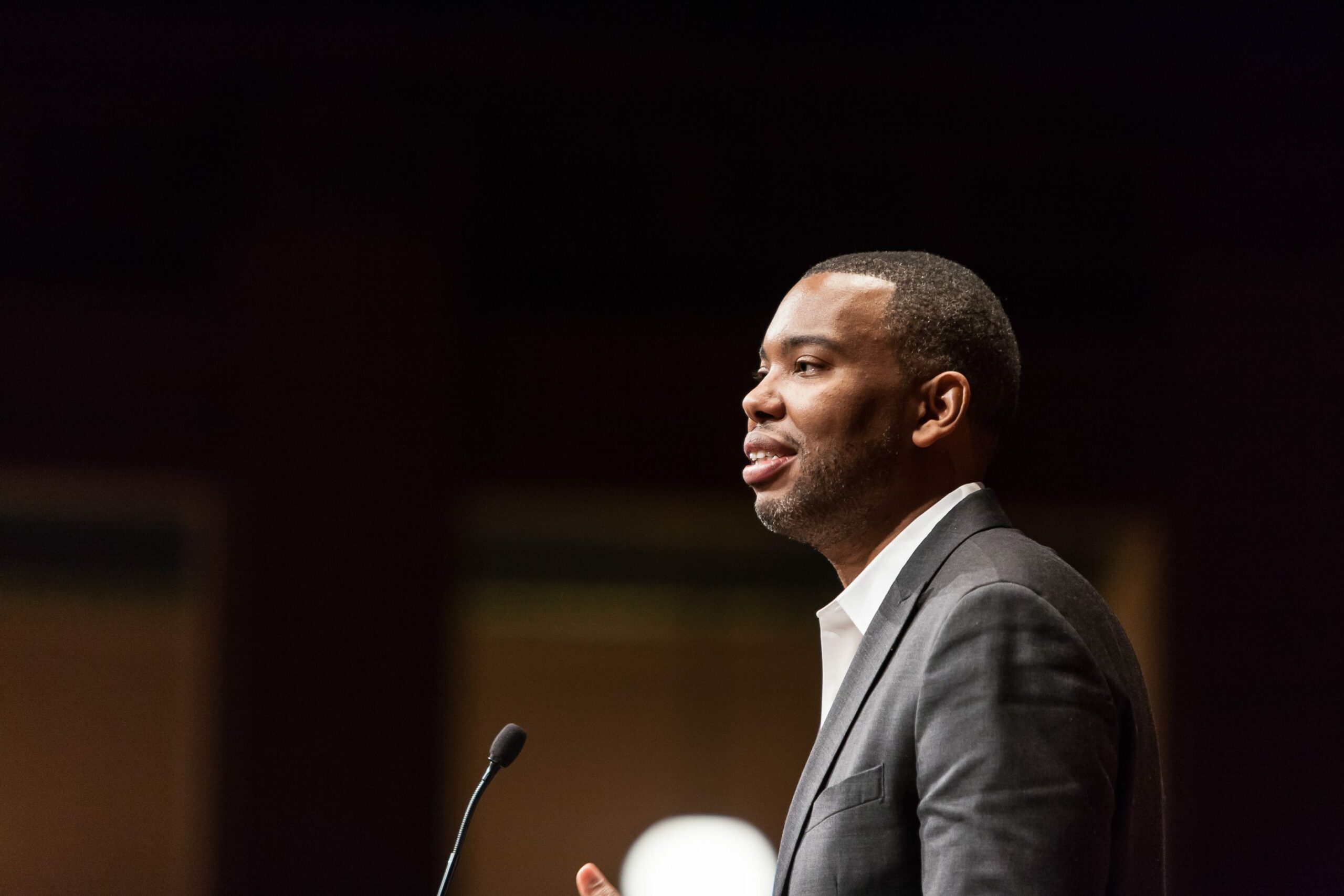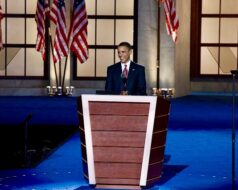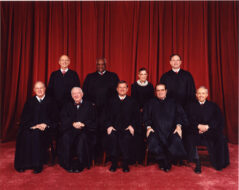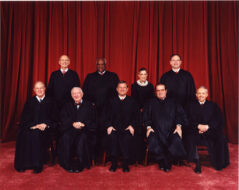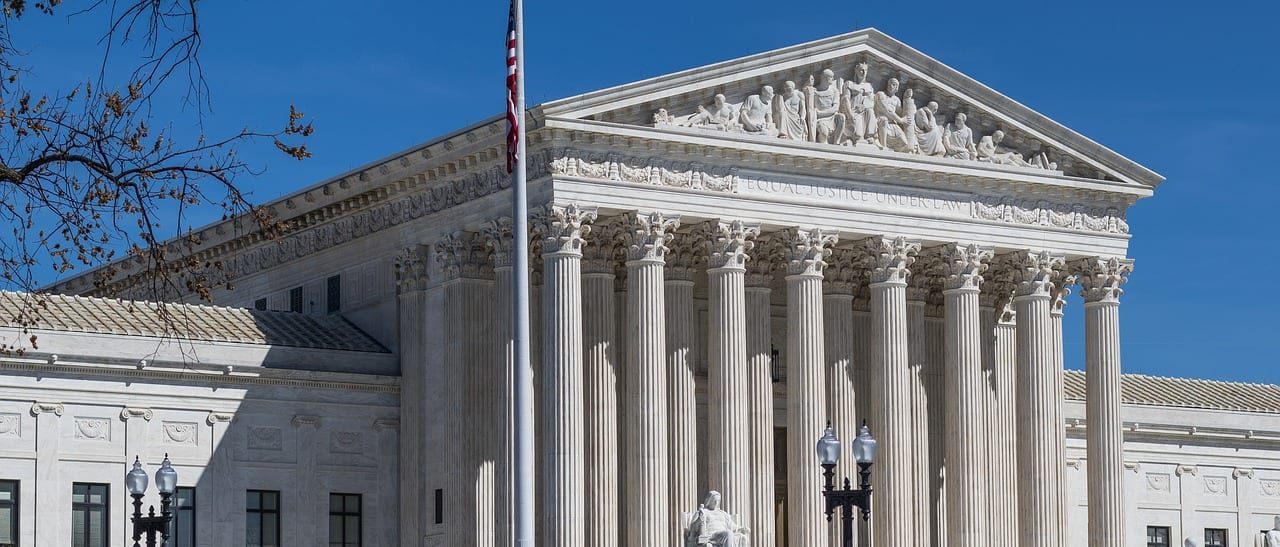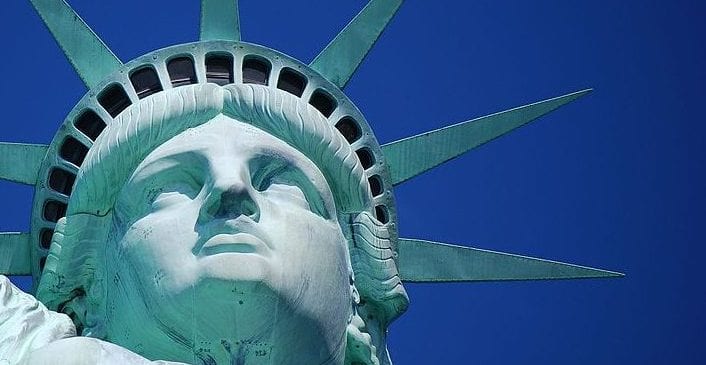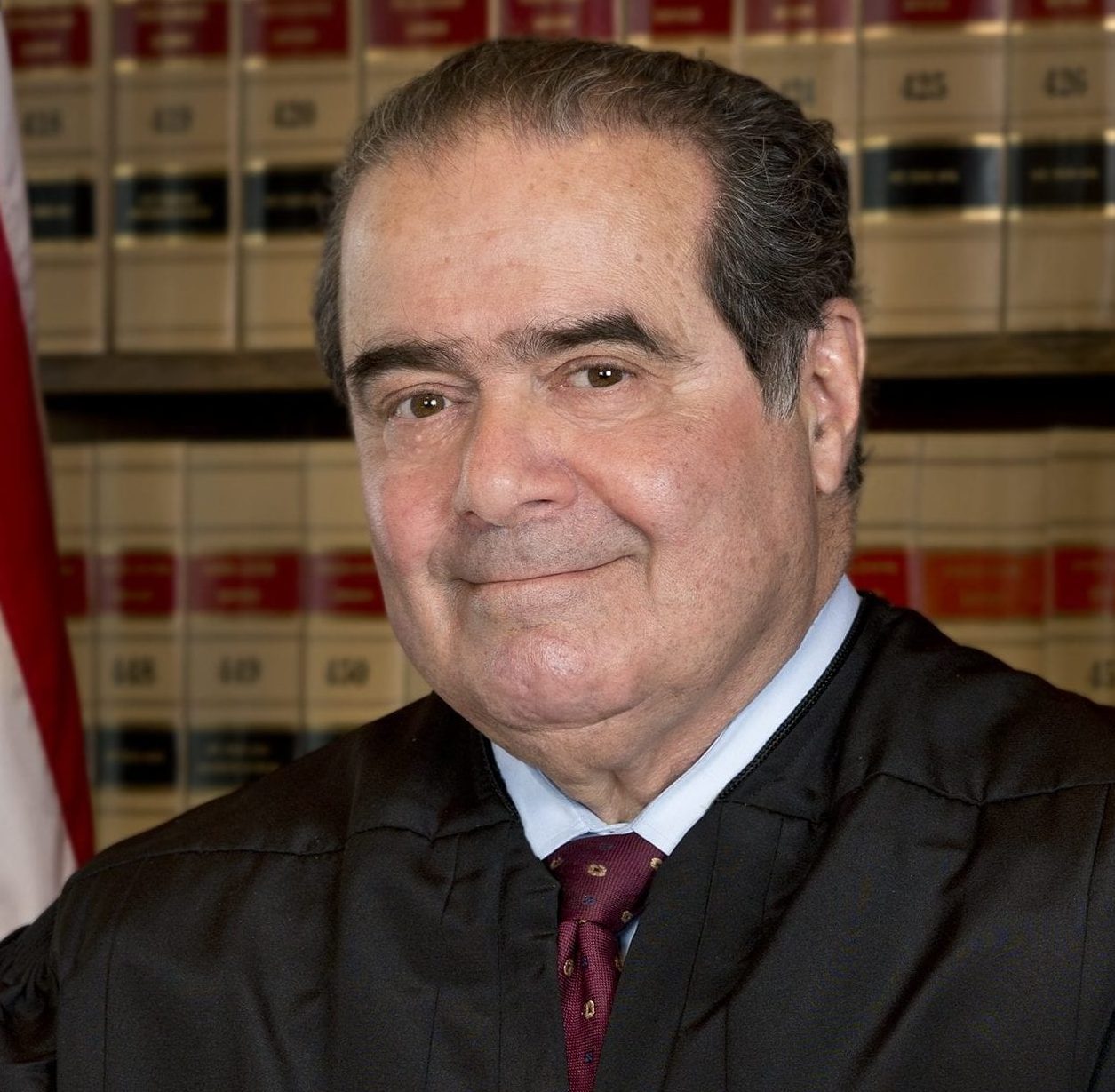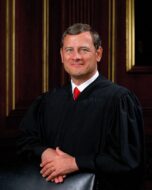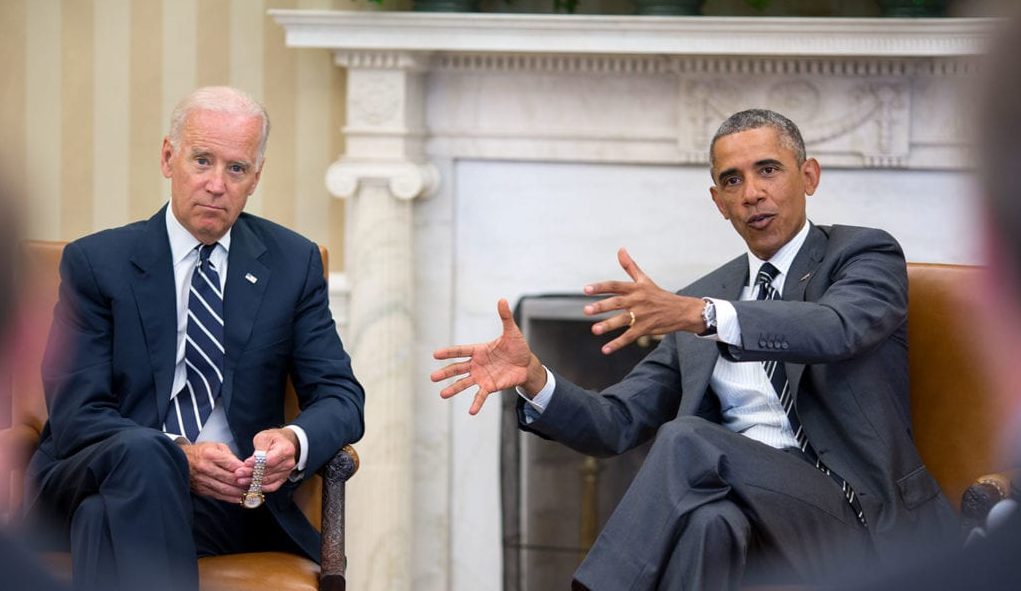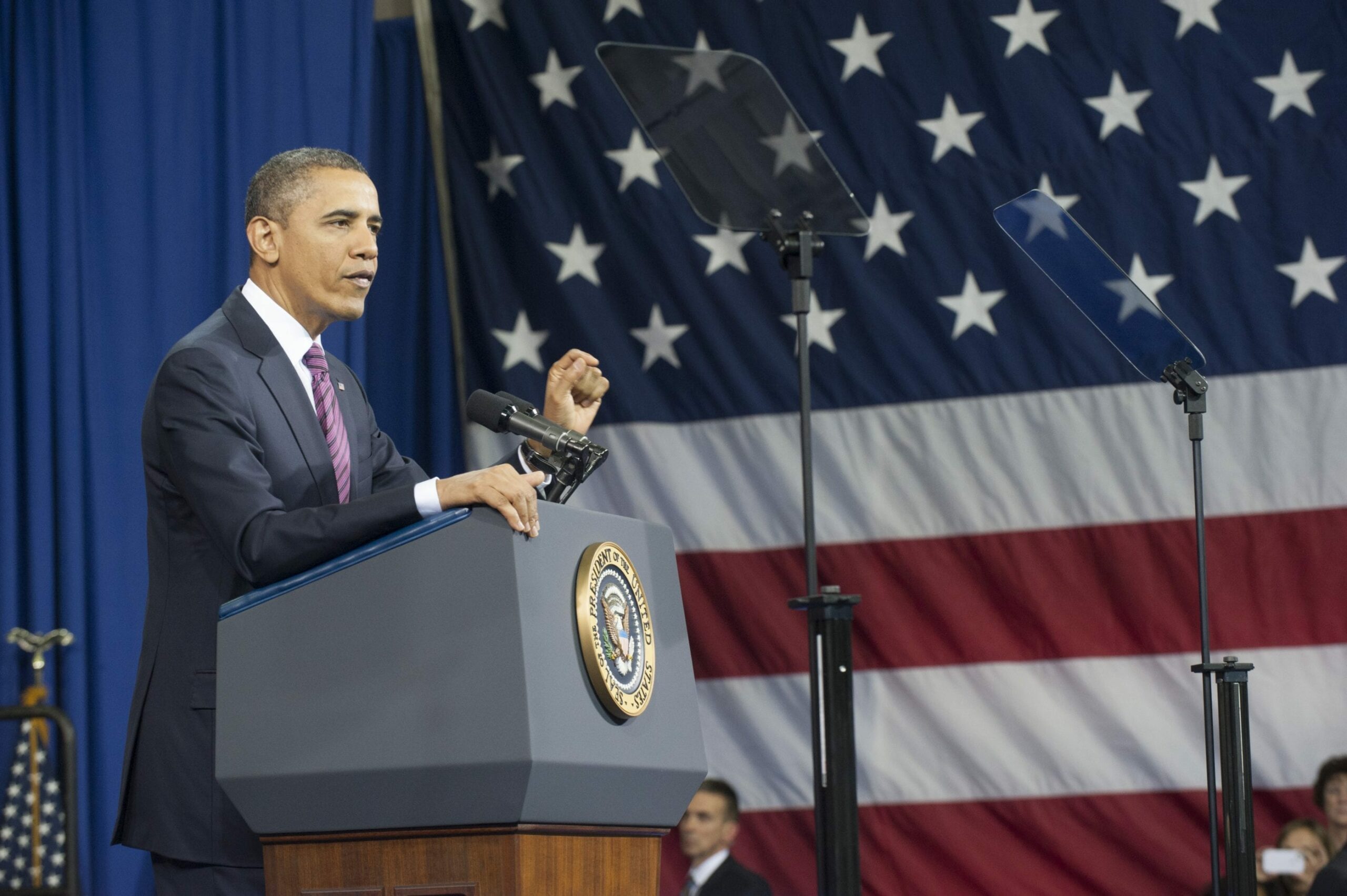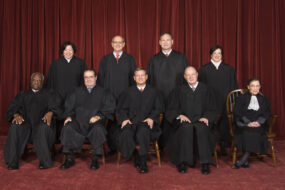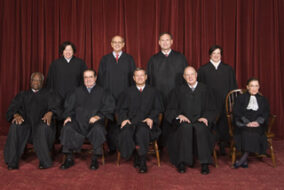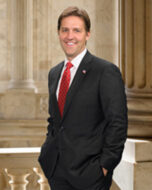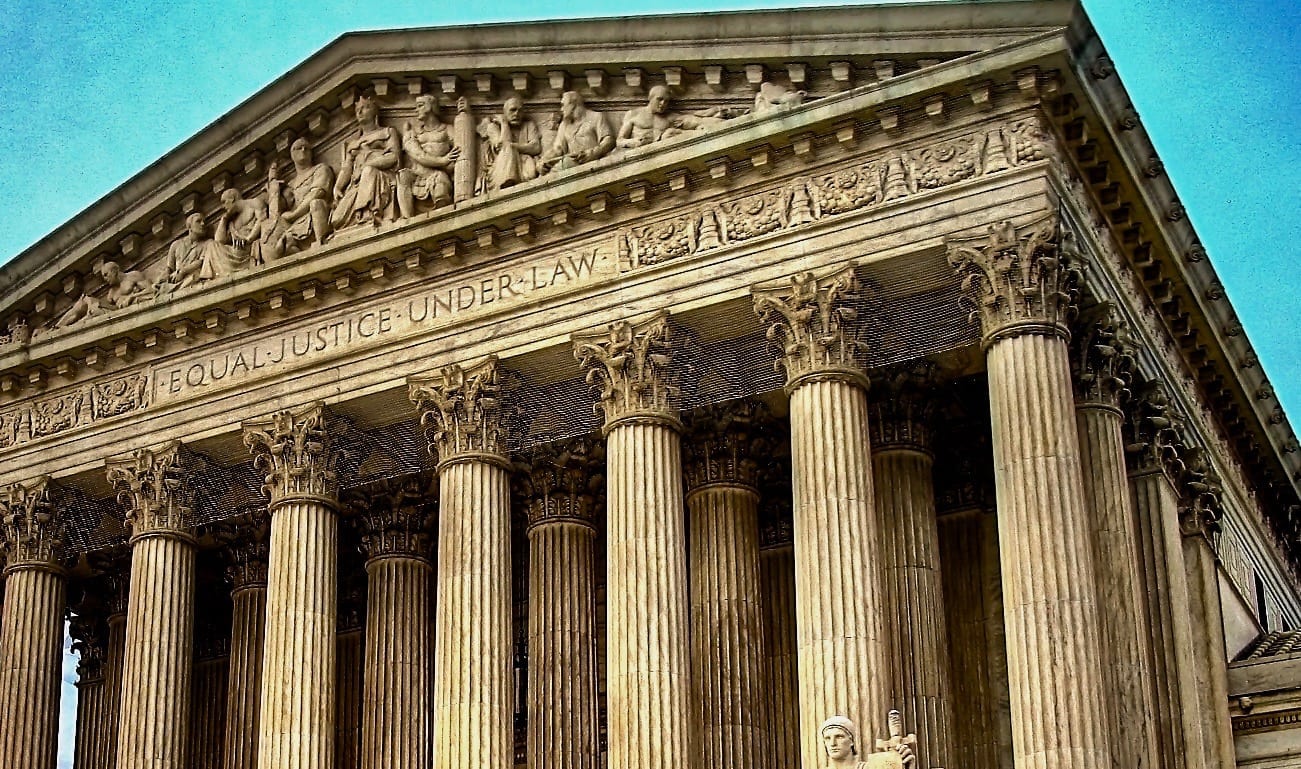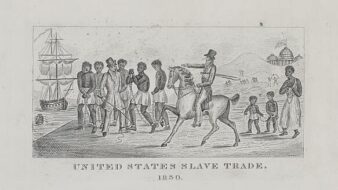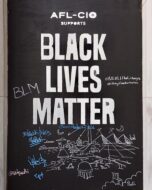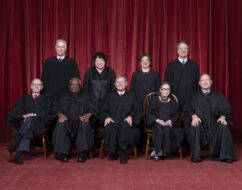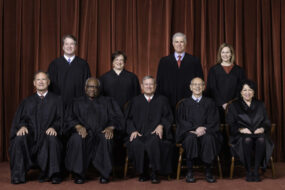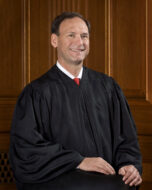

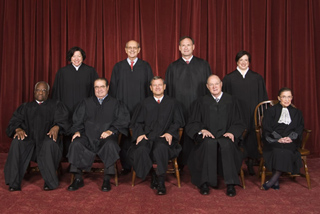
No related resources
Introduction
The Hobby Lobby case excited political passions over the contraception mandate issued under the auspices of the Affordable Care Act (ACA) (2010). Hobby Lobby and another family-owned corporation alleged that their right to free exercise of religion was denied by the ACA because it required them, in opposition to their religious principles, to provide for their employees certain contraceptives that aborted fertilized eggs. In a 5-4 decision, Justice Samuel A. Alito argued for the Court that family-owned, for-profit corporations are legal persons, who may exercise religious freedom rights. In this case, the Hobby Lobby corporation may exercise religious free exercise rights under the amended Religious Freedom Restoration Act (RFRA). In dissent, Justice Ruth Bader Ginsburg’s point-by-point criticisms of the Court opinion argued that the Court radically diverged from previous understandings of RFRA, the rights of for-profit corporations, and recent laws acknowledging equal rights for women. We present excerpts from Justice Alito’s Court opinion and the dissent of Justice Ginsberg, while omitting Justice Anthony Kennedy’s concurrence and Justice Elena Kagan’s dissent.
In a related case involving contraception coverage and religious liberty, Zubik v. Burwell (May 16, 2016), known as the Little Sisters of the Poor case, the Court by per curiam (no signed opinion) order vacated the judgments in four federal courts of appeal and ordered that the parties “arrive at an approach going forward that accommodates petitioners’ religious exercise while at the same time ensuring that women covered by petitioners’ health plans ‘receive full and equal health coverage, including contraceptive coverage.’” https://www.law.cornell.edu/supremecourt/text/14-1418
Source: 573 U.S., https://www.law.cornell.edu/supremecourt/text/13-354. No. 13–354, 723 F. 3d 1114, affirmed; No. 13–356, 724 F. 3d 377, reversed and remanded. Footnotes added by the editors are preceded by “Ed. note.”
Justice Alito delivered the opinion of the Court.
. . . . As we have seen, RFRA [the Religious Freedoms Restoration Act] was designed to provide very broad protection for religious liberty. By enacting RFRA, Congress went far beyond what this Court has held is constitutionally required. . . . As we will show, Congress provided protection for people like the Hahns and Greens[1] by employing a familiar legal fiction: It included corporations within RFRA’s definition of “persons.” But it is important to keep in mind that the purpose of this fiction is to provide protection for human beings. . . .
In sum, we refuse to sustain the challenged regulations on the ground—never maintained by the government—that dropping insurance coverage eliminates the substantial burden that the HHS [the Department of Health and Human Services] mandate imposes. We doubt that the Congress that enacted RFRA—or, for that matter, ACA [the Affordable Care Act]—would have believed it a tolerable result to put family-run businesses to the choice of violating their sincerely held religious beliefs or making all of their employees lose their existing healthcare plans.
In taking the position that the HHS mandate does not impose a substantial burden on the exercise of religion, HHS’s main argument (echoed by the principal dissent) is basically that the connection between what the objecting parties must do (provide health-insurance coverage for four methods of contraception that may operate after the fertilization of an egg) and the end that they find to be morally wrong (destruction of an embryo) is simply too attenuated. HHS and the dissent note that providing the coverage would not itself result in the destruction of an embryo; that would occur only if an employee chose to take advantage of the coverage and to use one of the four methods at issue.
This argument dodges the question that RFRA presents (whether the HHS mandate imposes a substantial burden on the ability of the objecting parties to conduct business in accordance with their religious beliefs) and instead addresses a very different question that the federal courts have no business addressing (whether the religious belief asserted in a RFRA case is reasonable). The Hahns and Greens believe that providing the coverage demanded by the HHS regulations is connected to the destruction of an embryo in a way that is sufficient to make it immoral for them to provide the coverage. This belief implicates a difficult and important question of religion and moral philosophy, namely, the circumstances under which it is wrong for a person to perform an act that is innocent in itself but that has the effect of enabling or facilitating the commission of an immoral act by another. Arrogating the authority to provide a binding national answer to this religious and philosophical question, HHS and the principal dissent in effect tell the plaintiffs that their beliefs are flawed. For good reason, we have repeatedly refused to take such a step. See, e.g., Oregon v. Smith, 494 U. S., at 887 (“Repeatedly and in many different contexts, we have warned that courts must not presume to determine . . . the plausibility of a religious claim”)
Moreover, in Thomas v. Review Bd. of Indiana Employment Security Div., 450 U. S. 707 (1981), we considered and rejected an argument that is nearly identical to the one now urged by HHS and the dissent. . . .
Here . . . the plaintiffs do assert that funding the specific contraceptive methods at issue violates their religious beliefs, and HHS does not question their sincerity. Because the contraceptive mandate forces them to pay an enormous sum of money—as much as $475 million per year in the case of Hobby Lobby—if they insist on providing insurance coverage in accordance with their religious beliefs, the mandate clearly imposes a substantial burden on those beliefs. . . .
Under HHS’s view, RFRA would permit the government to require all employers to provide coverage for any medical procedure allowed by law in the jurisdiction in question—for instance, third-trimester abortions or assisted suicide. The owners of many closely held corporations could not in good conscience provide such coverage, and thus HHS would effectively exclude these people from full participation in the economic life of the nation. RFRA was enacted to prevent such an outcome. . . . In its final pages, the principal dissent reveals that its fundamental objection to the claims of the plaintiffs is an objection to RFRA itself. The dissent worries about forcing the federal courts to apply RFRA to a host of claims made by litigants seeking a religious exemption from generally applicable laws, and the dissent expresses a desire to keep the courts out of this business. But Congress, in enacting RFRA, took the position that “the compelling interest test as set forth in prior federal court rulings is a workable test for striking sensible balances between religious liberty and competing prior governmental interests.” The wisdom of Congress’s judgment on this matter is not our concern. Our responsibility is to enforce RFRA as written, and under the standard that RFRA prescribes, the HHS contraceptive mandate is unlawful.
Justice Ginsburg, with whom Justice Sotomayor joins, and with whom Justice Breyer and Justice Kagan join as to all but Part III–C–1, dissenting.
In a decision of startling breadth, the Court holds that commercial enterprises, including corporations, along with partnerships and sole proprietorships, can opt out of any law (saving only tax laws) they judge incompatible with their sincerely held religious beliefs. Compelling governmental interests in uniform compliance with the law, and disadvantages that religion-based opt-outs impose on others, hold no sway, the Court decides, at least when there is a “less restrictive alternative.” And such an alternative, the Court suggests, there always will be whenever, in lieu of tolling an enterprise claiming a religion-based exemption, the government, i.e., the general public, can pick up the tab.
The Court does not pretend that the First Amendment’s Free Exercise Clause demands religion-based accommodations so extreme, for our decisions leave no doubt on that score. Instead, the Court holds that Congress, in the Religious Freedom Restoration Act of 1993 (RFRA), dictated the extraordinary religion-based exemptions today’s decision endorses. In the Court’s view, RFRA demands accommodation of a for-profit corporation’s religious beliefs no matter the impact that accommodation may have on third parties who do not share the corporation owners’ religious faith—in these cases, thousands of women employed by Hobby Lobby and Conestoga or dependents of persons those corporations employ. Persuaded that Congress enacted RFRA to serve a far less radical purpose, and mindful of the havoc the Court’s judgment can introduce, I dissent.
I
“The ability of women to participate equally in the economic and social life of the nation has been facilitated by their ability to control their reproductive lives.” Congress acted on that understanding when, as part of a nationwide insurance program intended to be comprehensive, it called for coverage of preventive care responsive to women’s needs. . . .
II
Any First Amendment Free Exercise Clause claim Hobby Lobby or Conestoga[2] might assert is foreclosed by this Court’s decision in Employment Div., Dept. of Human Resources of Ore. v. Smith, 494 U.S. 872 (1990)[3]. . . . The First Amendment is not offended, Smith held, when “prohibiting the exercise of religion . . . is not the object of [governmental regulation] but merely the incidental effect of a generally applicable and otherwise valid provision.” The ACA’s contraceptive coverage requirement applies generally, it is “otherwise valid,” it trains on women’s well-being, not on the exercise of religion, and any effect it has on such exercise is incidental.
Even if Smith did not control, the Free Exercise Clause would not require the exemption Hobby Lobby and Conestoga seek. Accommodations to religious beliefs or observances, the Court has clarified, must not significantly impinge on the interests of third parties.
The exemption sought by Hobby Lobby and Conestoga would override significant interests of the corporations’ employees and covered dependents. It would deny legions of women who do not hold their employers’ beliefs access to contraceptive coverage that the ACA would otherwise secure. . . .
III
A
Lacking a tenable claim under the Free Exercise Clause, Hobby Lobby and Conestoga rely on RFRA, a statute instructing that “[g]overnment shall not substantially burden a person’s exercise of religion even if the burden results from a rule of general applicability” unless the government shows that application of the burden is “the least restrictive means” to further a “compelling governmental interest.” In RFRA, Congress “adopt[ed] a statutory rule comparable to the constitutional rule rejected in Smith.” Gonzales v. O Centro Espírita Beneficente União do Vegetal, 546 U. S. 418, 424 (2006) .
RFRA’s purpose is specific and written into the statute itself. The act was crafted to “restore the compelling interest test as set forth in Sherbert v. Verner, 374 U. S. 398 (1963)[4] and Wisconsin v. Yoder, 406 U. S. 205 (1972)[5] and to guarantee its application in all cases where free exercise of religion is substantially burdened.”. . .
. . .
Until this litigation, no decision of this Court recognized a for-profit corporation’s qualification for a religious exemption from a generally applicable law, whether under the Free Exercise Clause or RFRA…..
. . .
Reading RFRA, as the Court does, to require extension of religion-based exemptions to for-profit corporations surely is not grounded in the pre-Smith precedent Congress sought to preserve. Had Congress intended RFRA to initiate a change so huge, a clarion statement to that effect likely would have been made in the legislation. . . .
The Court’s determination that RFRA extends to for-profit corporations is bound to have untoward effects. Although the Court attempts to cabin its language to closely held corporations, its logic extends to corporations of any size, public or private. . . .
- 1. Ed. note: The owners of the corporations who sued to protect their rights of free exercise.
- 2. As the Court explains, see ante, at 11–16, these cases arise from two separate lawsuits, one filed by Hobby Lobby, its affiliated business (Mardel), and the family that operates these businesses (the Greens); the other filed by Conestoga and the family that owns and controls that business (the Hahns). Unless otherwise specified, this opinion refers to the respective groups of plaintiffs as Hobby Lobby and Conestoga.
- 3. Ed. note: Oregon v. Smith
- 4. Ed. note: Sherbert v. Verner
- 5. Ed. note: Wisconsin v. Yoder
Obergefell v. Hodges
June 26, 2015
Conversation-based seminars for collegial PD, one-day and multi-day seminars, graduate credit seminars (MA degree), online and in-person.



